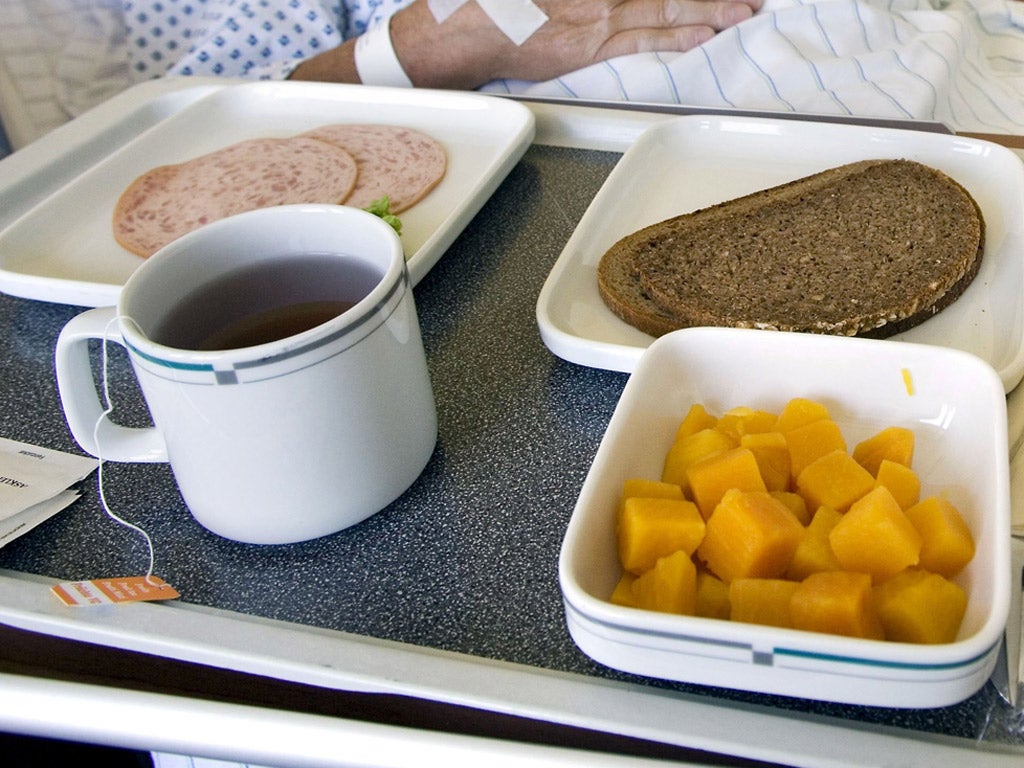If hospital figures for food spend are so wildly inaccurate, what else are they getting wrong?
From waiting times, to medication errors, to surgical outcomes; NHS decisions are made on the basis of data. It's vital that data is correct.

It should have been a straight forward story.
The Department of Health yesterday released figures showing how much every hospital in England spends per day, per patient on food. In an accompanying press release the new Health Secretary Jeremy Hunt expressed understandable alarm the disparity of the spending. This ranged from a miserly £2.19 at Newham General Hospital to a whopping £15.47 at South Tees. The figures, he said, showed spending on food varied “wildly” across the country. As a result he was going to investigate whether there was “a link between what is spent and the quality of food delivered”.
But that was when things started getting complicated. Phone calls to the hospital trusts with the lowest (self-reported) spending on food resulted in some surprising responses. Oh no, that’s not right said Newham after 30 minutes of checks. We actually spend £6.57 a day on food. Likewise the Olympic pin-up Great Ormond Street Hospital which had self-reported that it spend just £4.90 on food – half as much as Sheffield Children’s Hospital. Oh no we don’t they said - we actually spend £7.64. And so it went on.
Now, it could be argued that whether a hospital accurately records and reports what it spends on patient food is not that important in the scheme of things. But if trusts are producing such wildly inaccurate figures for food spend – what else are they getting wrong?
From waiting times, to medication errors, to surgical outcomes: vital decisions in NHS are increasingly being made on the basis of data. And if hospitals are routinely misreporting statistics how many problems in the NHS are being hidden by inaccurate data?
Not only this. The food story also illustrates that the Department of Health and the senior ranks of the NHS are not necessarily checking the figures that hospitals provide them with before making policy on the back of them. If a journalist can find problems with statistics in an afternoon then surely it’s worth someone in the Department doing the same?
In a time of increasing budgetary pressures it is vital that NHS information systems are up to scratch. If not money will be spent badly, scandals like Mid Staffordshire will continue unnoticed and patient care will suffer needlessly.
The cost to the health service will be much more than a decent meal.
Join our commenting forum
Join thought-provoking conversations, follow other Independent readers and see their replies
Comments
Bookmark popover
Removed from bookmarks